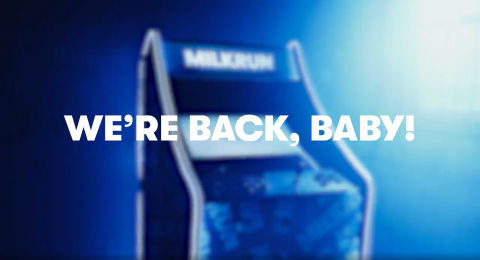🇫🇷 📦 Bocoloco, a French startup, raised €1.4M for its network of smart machines that collect reusable glass containers for reuse. Each bottle or bowl is identified to simplify the logistics and generate a wealth of data on the reality of consumers’ behaviours around reuse.
🇩🇪 🧑🌾 Infarm, the German indoor farming startup, is rumoured to be leaving the old continent. It had already shut down facilities in some European countries, but now it seems to focus only on North America and maybe the Gulf region. This seems the last consequence of the energy crisis in Europe, and maybe a final signal that the “US model” of indoor farms has won (huge facilities over small spread-out indoor farms)
🇰🇷 🐟 CellMeat, a Korean startup, raised $13 million for its shrimps and caviar made with cellular agriculture.
🇫🇷 🍍 Bene Bono, a French startup, raised €7 million to expand to Spain. The startup sells organic “ugly” and surplus fruits and vegetables.
🇨🇦 🌱 Picketa, a Canadian startup, raised CAD$1.4M for its technology that helps farmers to analyze plant tissue in real-time. Testing tissue provides a lot of data, but this is today a cumbersome task that involves a lot of picking and shipping samples to a lab. Having access to real-time insights will increase farms’ productivity and sustainability.
🇦🇺 🚴♂️ Milk Run, a recently shut down Australian quick-commerce startup, has been acquired by local supermarket giant Woolworths. The brand will be reactivated and launched across multiple Australian cities. Let’s see if quick commerce run by incumbent players can be profitable.

🇺🇸 🤖 Serve Robotics will deploy 2,000 food delivery robots on Uber Eats in the US. A deployment of this scale is quite notable, notably as food robot startups, both for cooking and delivery, have had a hard year.







